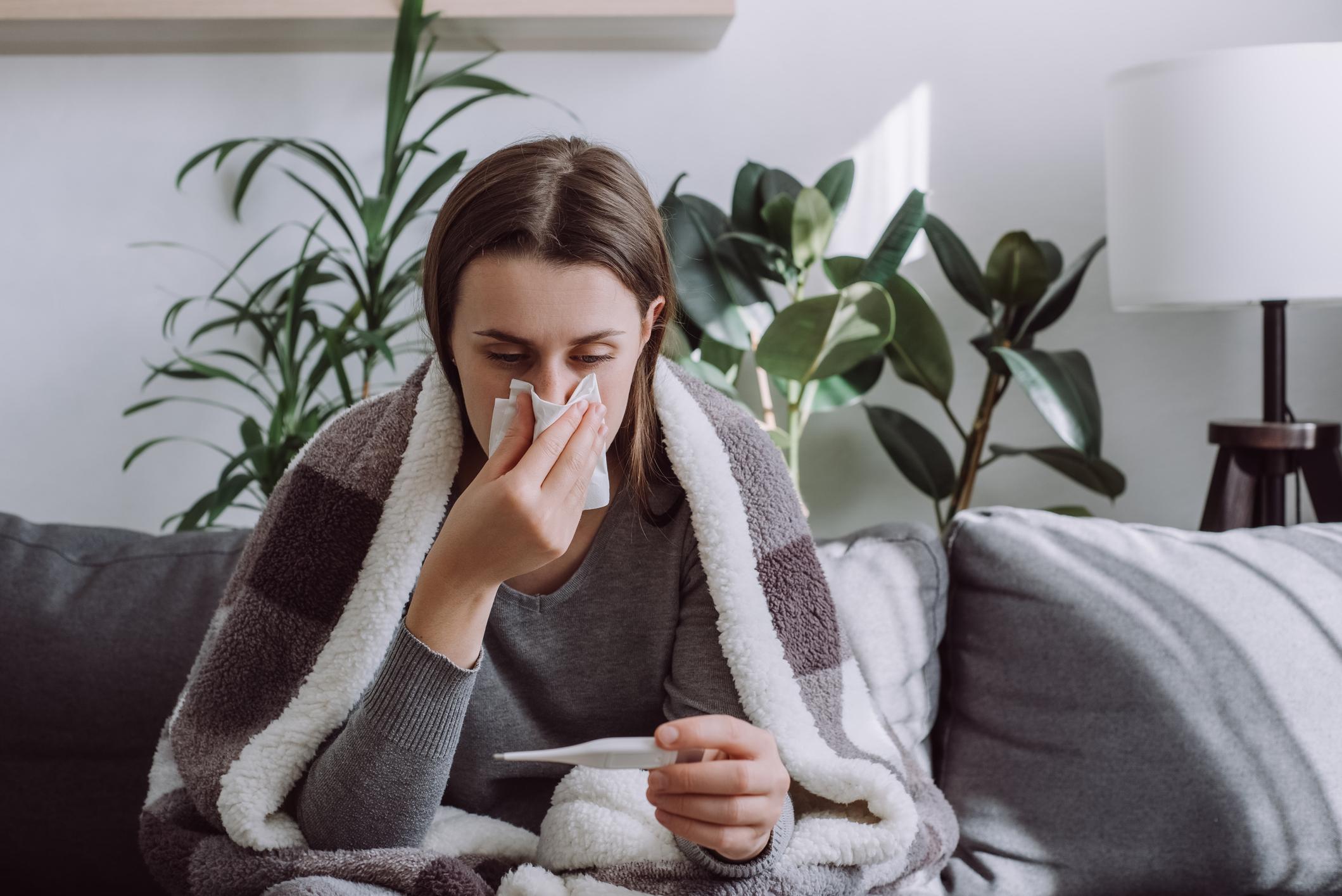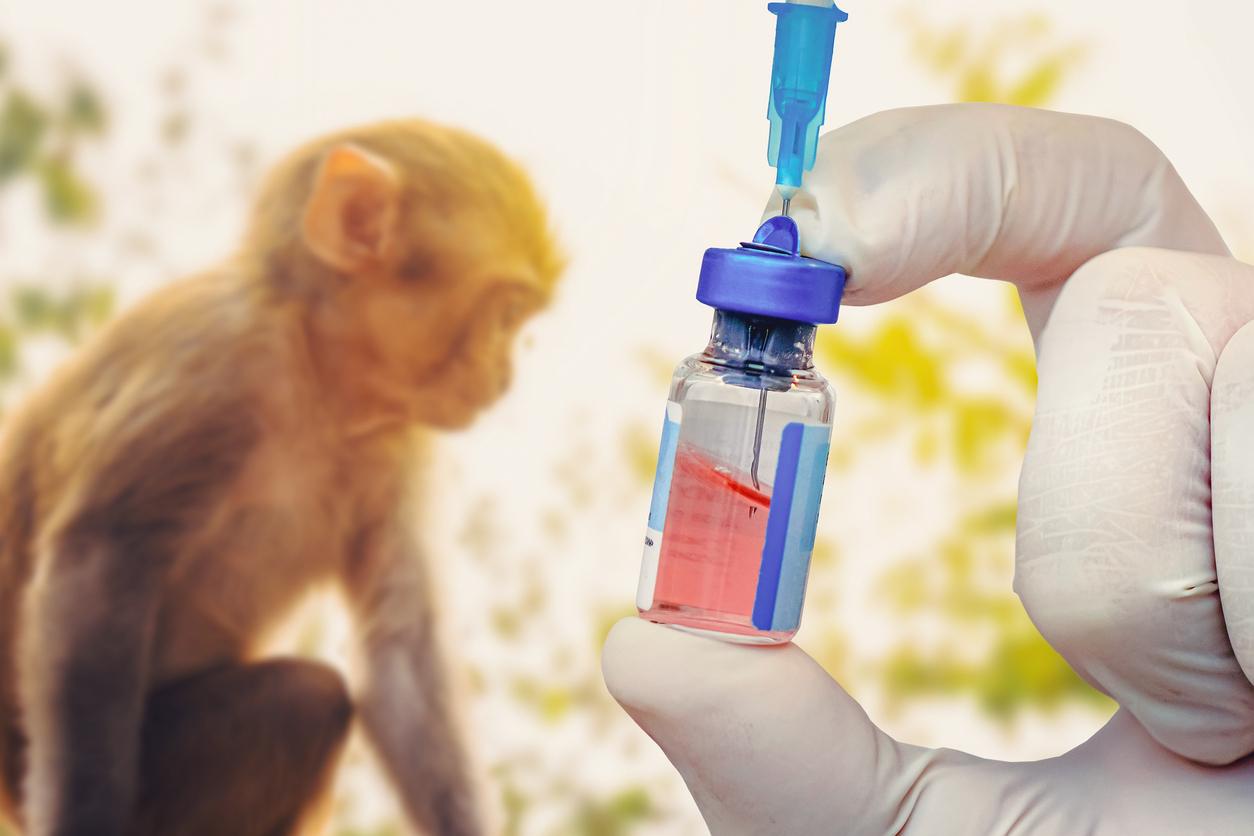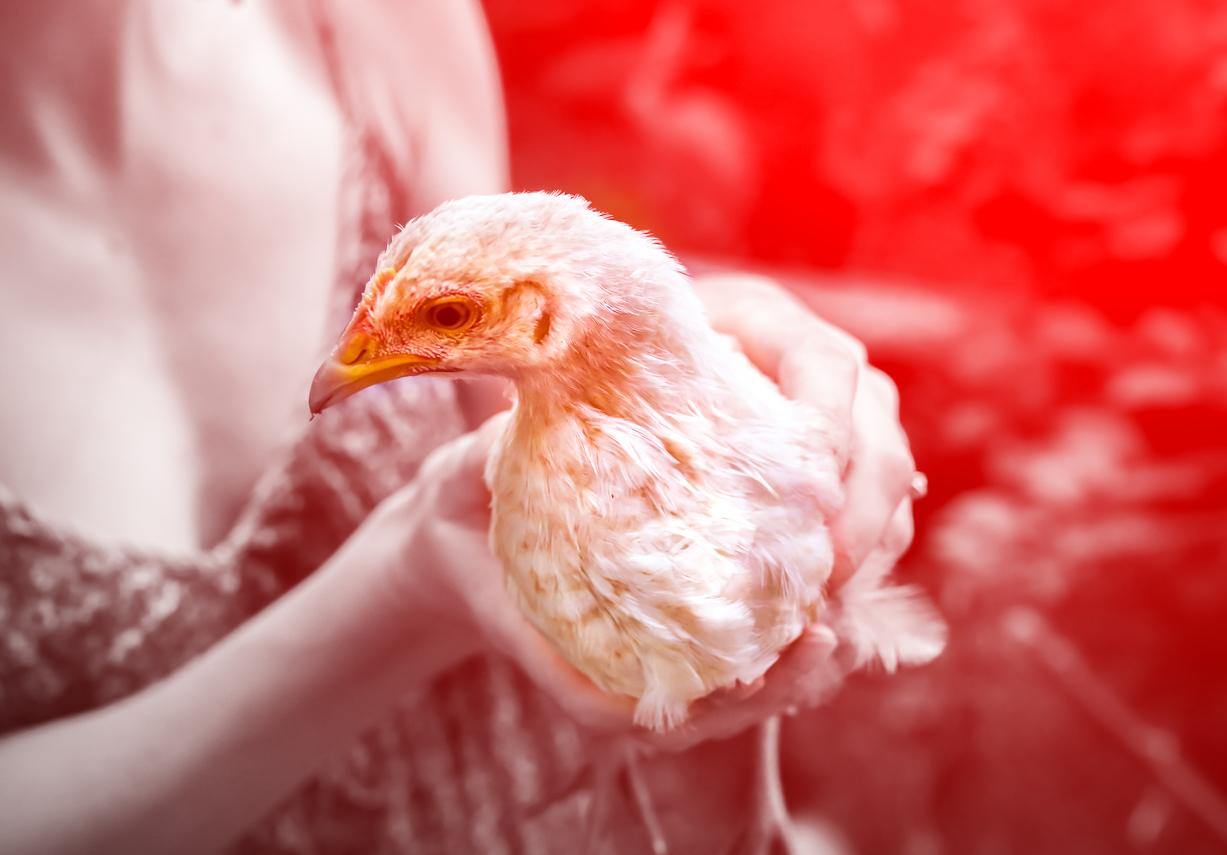Colorado health officials recently confirmed a case of plague in a person in Pueblo County.

- Plague is a bacterial zoonosis caused by Yersinia pestis, usually found in small mammals and the fleas that parasitize them.
- A human case has been confirmed in a person in Pueblo County, Colorado (United States).
- State health officials are continuing to investigate the potential source of the infection.
Known as the “Black Death” in the 14th century, the plague caused more than 50 million deaths in Europe and the last cases diagnosed in France were recorded in 1945, according to Public Health France. However, this disease, which is very serious in humans, has resurfaced in the United States. On July 9, health authorities announced “confirmed a human case of plague in a resident” in Pueblo County in southern Colorado. The infection was first reported last Friday based on preliminary test results. “The potential source of the infection is still under investigation,” can we read in the press release from the Pueblo Department of Public Health and Environment (PDPHE).
7 cases of human plague recorded on average per year in the United States
This isn’t Colorado’s first case of plague. The state has had 67 cases between 1970 and 2022, according to the Centers for Disease Control and Prevention. Across the United States, an average of seven cases of human plague are reported each year. As a reminder, the disease is a zoonotic bacterial disease caused by Yersinia pestis, which is commonly found in small mammals and fleas. The disease is transmitted by fleas to humans and their pets and occurs naturally in wild rodents. A person can also contract it by inhaling droplets from an infected person or animal’s cough.
Plague is characterized by sudden fever and chills, severe headache, muscle aches, nausea, vomiting, and a feeling of illness. Swollen lymph nodes accompanied by pain are also common symptoms of the disease. “If you experience these signs, seek immediate medical attention. Plague can be successfully treated with antibiotics, but an infected person must be treated promptly to avoid serious complications or death,” said Alicia Solis, manager of the office of communicable diseases and emergency preparedness at PDPHE.
Plague: precautions to take to avoid infection
To avoid contracting the plague, Colorado health officials are asking citizens to take several precautions. They recommend eliminating places where wild rodents can hide and breed, such as brush, rock piles, trash and wood piles around homes, garages, sheds and recreational areas. Other tips include treating dogs and cats for fleas, storing pet food in containers and not allowing pets to roam rodent areas or sleep in their owners’ beds.

















